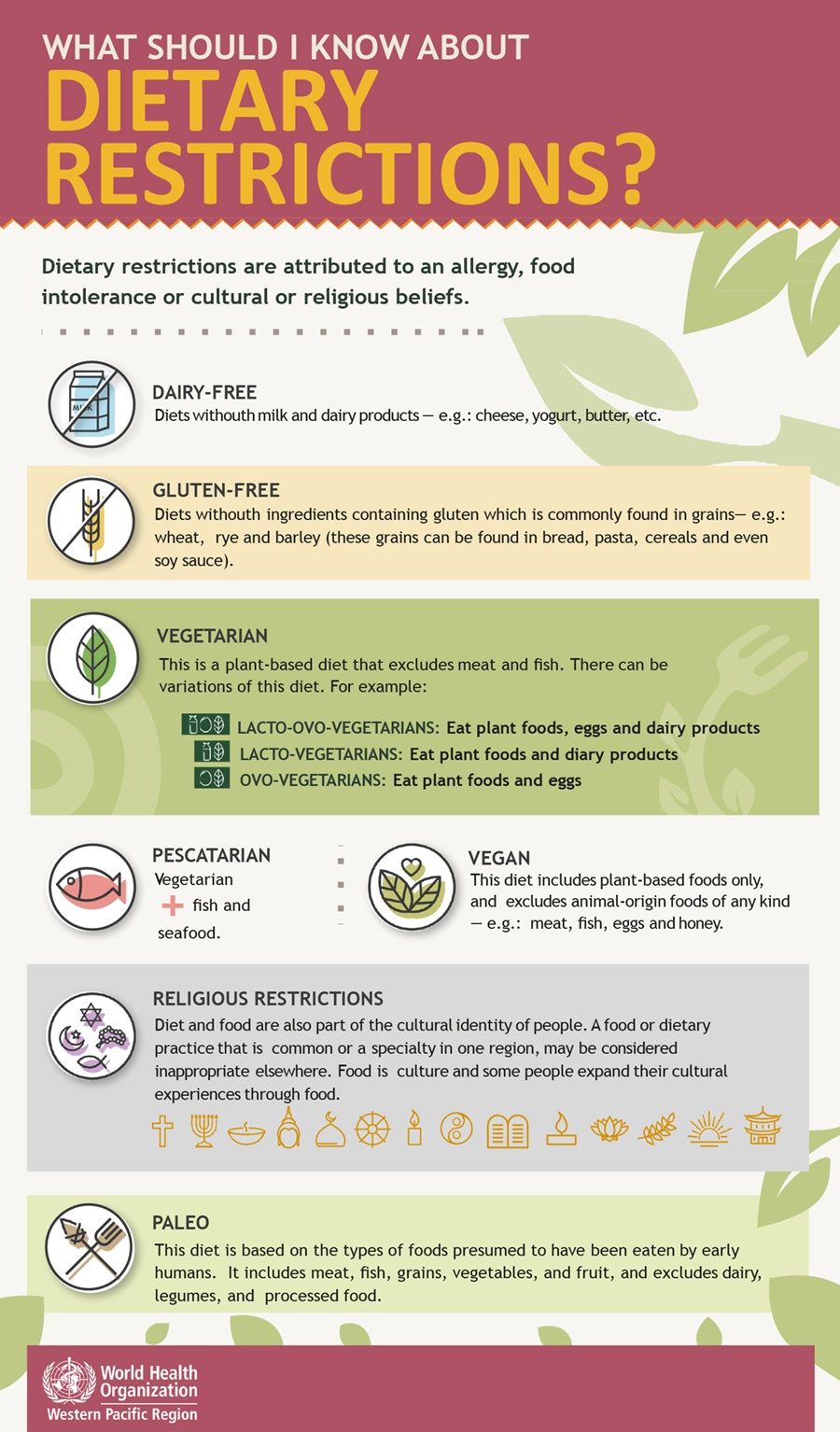How Food Service Managers Can Address Issues of Food Allergies and Dietary Restrictions
Living with food allergies or dietary restrictions can make life difficult for many individuals. From avoiding certain ingredients to ensuring that the food they eat is safe, managing a food allergy or eating certain foods with dietary restrictions is something that can be challenging and intimidating. For food service managers, it can seem like an impossible task.However, it doesn't have to be that way. With the right knowledge, tools, and processes in place, food service managers can easily address issues of food allergies and dietary restrictions, thereby providing their customers with a safe and healthy dining experience.
The first step for food service managers when addressing issues of food allergies and dietary restrictions is to get educated. This includes understanding the basics of food allergies and dietary restrictions, including the different types, signs and symptoms, and treatments. Additionally, food service managers should learn how to properly read food labels and understand the ingredients used in various dishes. It is also important to know the specific ingredients that each person with a food allergy or dietary restriction should avoid.
Once food service managers have a good handle on the basics of food allergies and dietary restrictions, they can begin to develop policies and procedures to ensure the safety of their patrons. This includes things like creating separate areas to store and prepare food for individuals with allergies or dietary restrictions, as well as ensuring that all employees are properly trained on the proper handling of food for those with allergies or dietary restrictions. Additionally, food service managers should clearly communicate any special dietary rules or restrictions to all staff involved with the preparation and serving of food.
In addition to developing policies and procedures, food service managers should also consider adding special menu items for individuals with food allergies or dietary restrictions. This could include adding gluten-free or dairy-free options, as well as dishes that are specifically made for those with allergies or dietary requirements. By doing this, food service managers will be able to provide their customers with meal choices that are safe and healthy.
Finally, food service managers should take the time to effectively communicate with their customers about their allergies or dietary restrictions. This includes educating them on the types of food they should avoid and providing them with information on the ingredients in the dishes they order. Additionally, offering customers with allergies or dietary restrictions the option to ask questions or request additional information regarding their meals will help provide them with peace of mind.
By taking the steps outlined above, food service managers can easily address issues of food allergies and dietary restrictions. Not only will this ensure the safety and health of their customers, but it will also improve customer satisfaction and loyalty. As such, it is essential that food service managers take the time to educate themselves and develop policies and procedures to address these issues.












